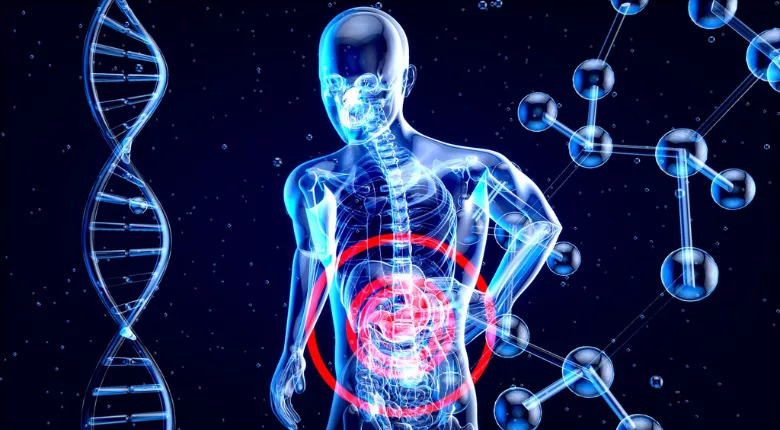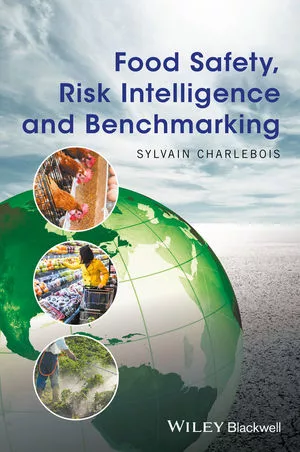FAO Considering Gut Microbiome in Food Safety Risk Assessment

Image credit: julientromeur via Pixabay
In December, the Food and Agriculture Organization of the United Nations (FAO) will host a technical meeting on the gut microbiome in food safety risk assessment.
The gut microbiome is a dynamic microbial network composed of trillions of microorganisms living in a symbiotic relationship with the host. It plays an important role in metabolizing compounds produced by the host, producing essential metabolites such as vitamins, amino acids, and short-chain fatty acids. The gut microbiome also offers protection to its host by stimulating the immune system and contributing to its maturation.
The composition and dynamics of the gut microbiome are more highly dependent on stressors and environmental factors than on host genetics. Therefore, a better understanding of how dietary chemicals can impact the gut microbiome and human health would allow to identify relevant microbiome endpoints that might be used in chemical risk assessment.
In order to determine the feasibility and readiness of microbiome data for its use in food safety risk assessment, from 12–14 December 2023, FAO will host a technical meeting on the topic, bringing together a diverse group of experts, including food safety risk assessors and microbiome specialists.
Previously, in August 2023, FAO published the results of an extensive literature review examining the effects of consuming three pervasive, chemical food contaminants—pesticide residues, veterinary drug residues, and microplastics—on the human gut microbiome.
Looking for quick answers on food safety topics?
Try Ask FSM, our new smart AI search tool.
Ask FSM →









